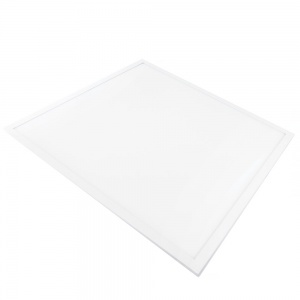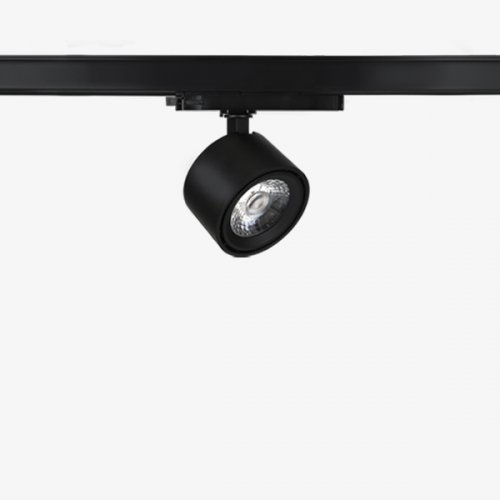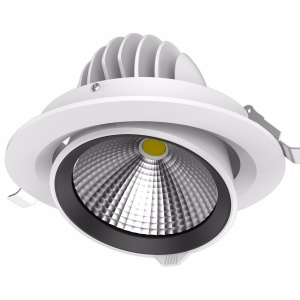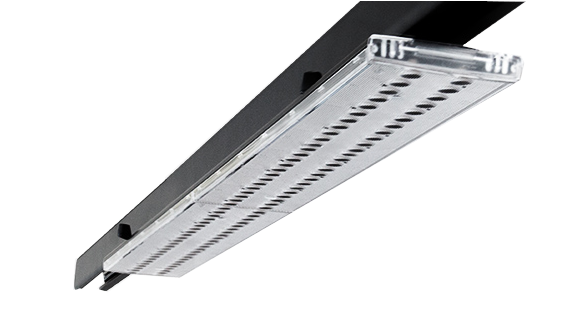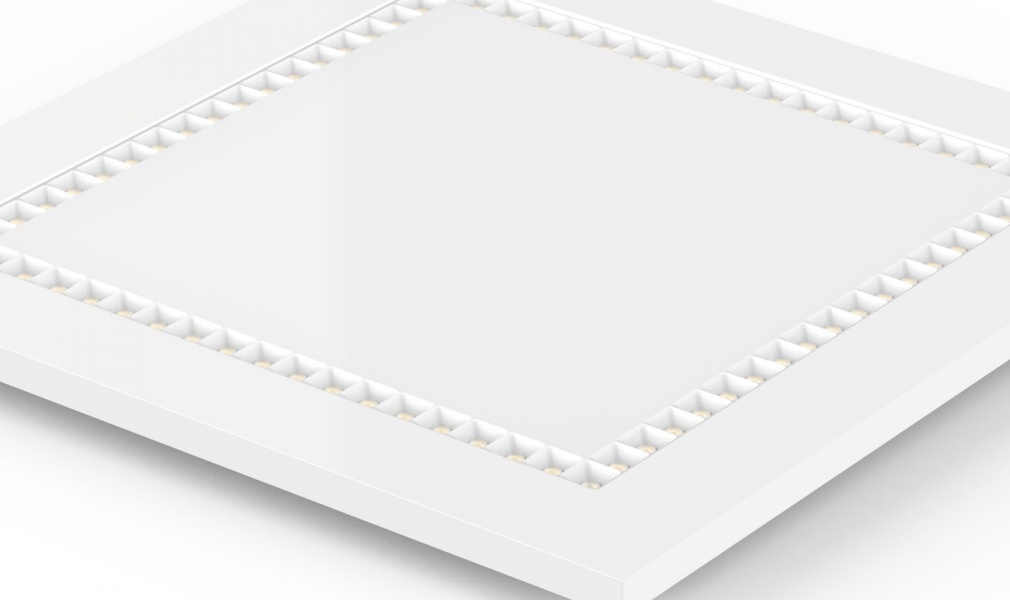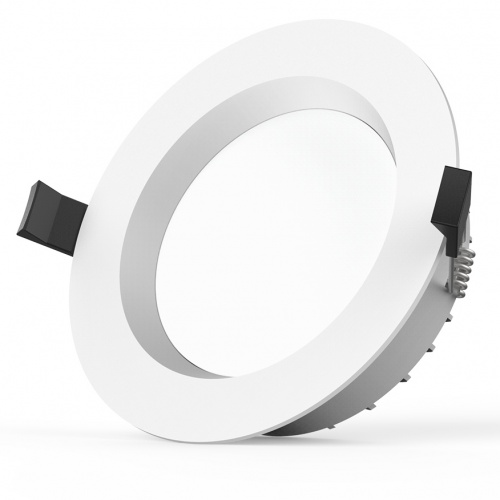
Lighting of commercial facilities and shops

W e all know, that in order to sell something, you need to attract a customer. The history of lighting in commercial facilities is long. It is important that the place where goods are sold, especially those luxury ones, should make the right effect on customers.
Lighting of commercial facilities – a short history
I n Paris in the 18th and 19th centuries, many corridors with illuminated roofs and marble floors were built. They were called Passages - the equivalent of today's shopping malls. There were almost 150 passages in Paris, most of them were built after 1822 and about 30 have survived to this day. Nevertheless, today's Parisian passages are pearls of architecture and the Passage Panorama, built in 1799, was already in 1817 the first public place in Paris that was illuminated with gas lamps. For comparison – gas lamps in Warsaw appeared in 1856.
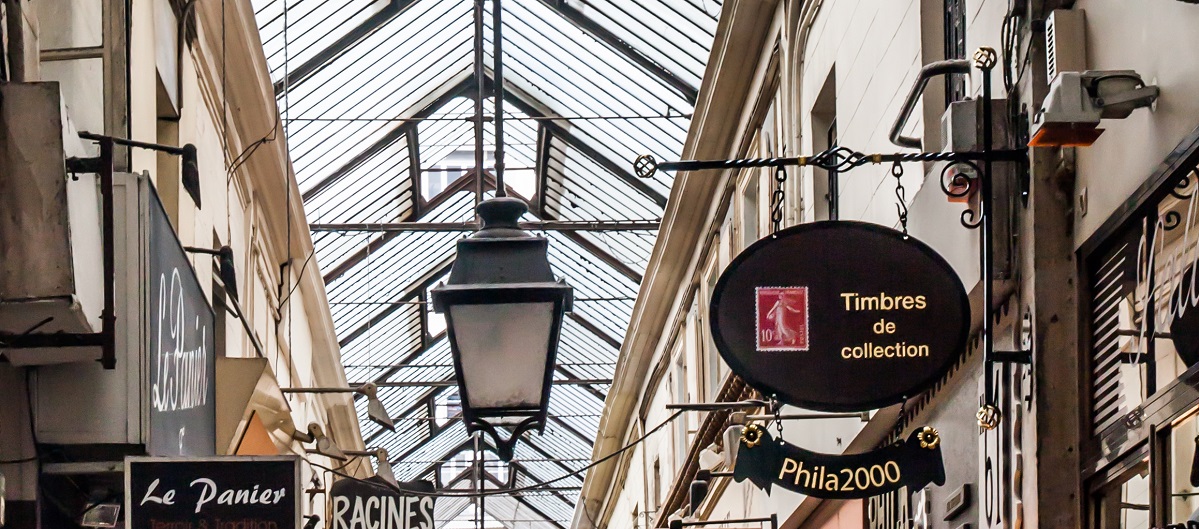
Lighting of shops and shopping malls – the principles of lighting
I n order for a shopping mall, shop or supermarket to attract customers to a greater extent, lighting should be designed in an appropriate way.
The first rule of lighting of commercial facilities – atttracting attention
Well designed shop lighting should make the shop stands out from others. The shoping window and the interior should show the individual character of the object.
The second rule of lighting of commercial facilities – the interest of the customer
The shopping window should be illuminated in such a way that the customer is interested in what he sees on it and is attracted with the interior.
The third rule of lighting of commercial facilities – creating the atmosphere
Store lighting should create a positive atmosphere and products in the store should be presented in such way as to influence the purchasing behavior of the customer.
The fourth rule of lighting of commercial facilities – the visual guidance
Lighting in a commercial facility must be designed in such a way as to create a reliable shopping path and help customers orientate themselves in the shopping space.
The fifth rule of lighting of commercial facilities – integration of the sales strategy
The store interior determines the sales strategy and the lighting should be part of it.
The sixth rule of lighting of commercial facilities – the flexibility
Sales strategies, trends and sales seasons are constantly changing, which is why shop lighting should be able to adapt to new situations in an easy way.
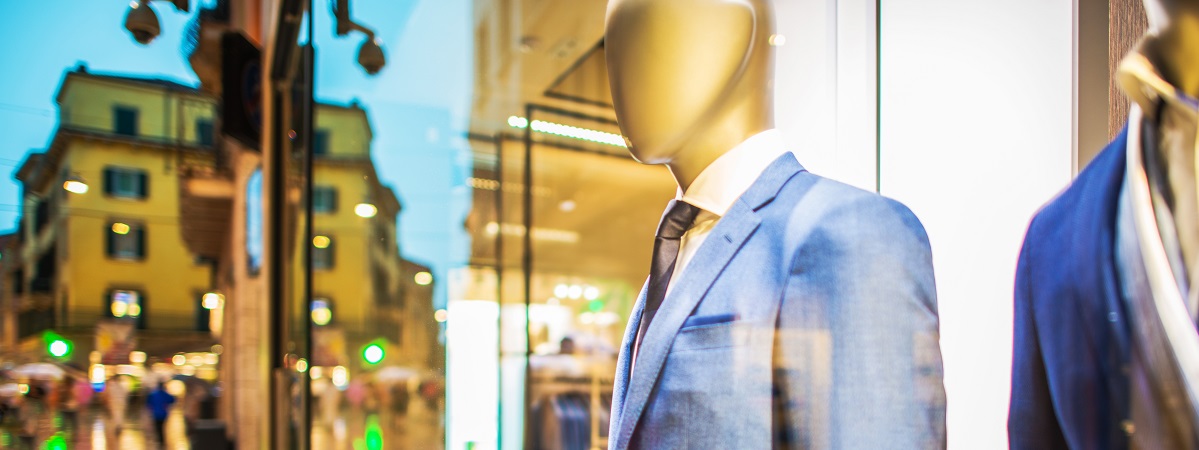
Lighting of commercial facilities –
illuminance, color temperature, color
rendering index
Three factors are extremely important in the design oflighting of shops and shopping malls:
Illuminance
Special attention should be paid to the level of illumination in the shop. High
intensity of general light often makes it impossible to introduce appropriate lighting accents. Illumination levels for different
types of shops:
• Boutique: very low light impression,
below 150lx
• Exclusive store: low light impression,
150lx - 300lx
• Majority: medium light impression,
300lx – 500lx
• Supermarkets: high light impression,
above 750lx
• Illumination of exhibitions during the day: very high light impression,
3000lx – 30 000lx
Color temperature
Significant elements of shop and shopping mall lighting are the impressions and atmosphere created inside
the shop. It depends on the color (temperature) of the light used. Products that
require a warm and luxurious sales ambience require low illuminance levels and a
warm color of light.
Products presented in business atmosphere look great in white and neutral light color. This type of lighting can be seen, for example, in iSpots where Apple products are
sold. Dairy products, fruits and fish also have similar requirements.
Stores that focus mainly on promotions, such as discount stores,
should use highly intense light, with a cool, daylight color.
The general rule for light color and intensity is that the cooler the
color of the light, the higher the intensity level should be.
Color rendering index
While the color of the light is important in creating the atmosphere in the store, the color rendering index is much more important. The purpose of lighting is to show
the goods in the most attractive way, therefore colors should be rendered in the most
neutral way possible. In most stores, the color rendering index should be very good or even excellent.
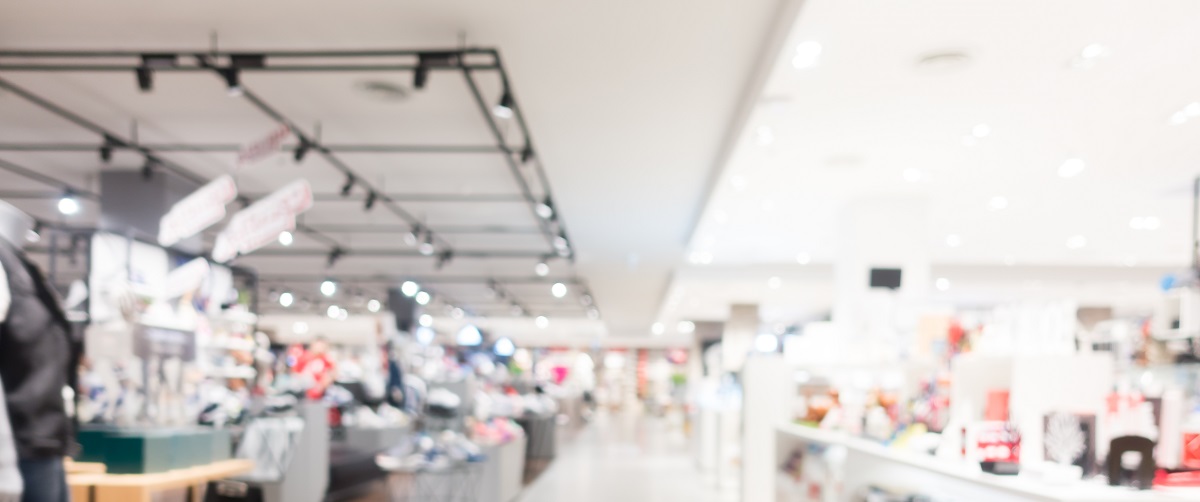
Rail shop lighting
S hop lighting is not only ceiling lighting or spot lighting, but also track lighting – spotlights with adjustable installation, which are a well-known and willingly used type of lighting. Rail shop lighting is available in different dimensions, but its greatest advantage is the fact that it is ideal for exposuring selected products, decorative elements and illuminating places where the light must be the best. Rail shop lighting has the advantages of both movable spotlights and a fixed rail system. Rails are most often mounted on the ceiling, but they can be also mounted on the wall, what can be useful to illuminate shopping windows from the outside. The advantage that speaks for the use of track lighting is the possibility of using both one light source and many light sources.
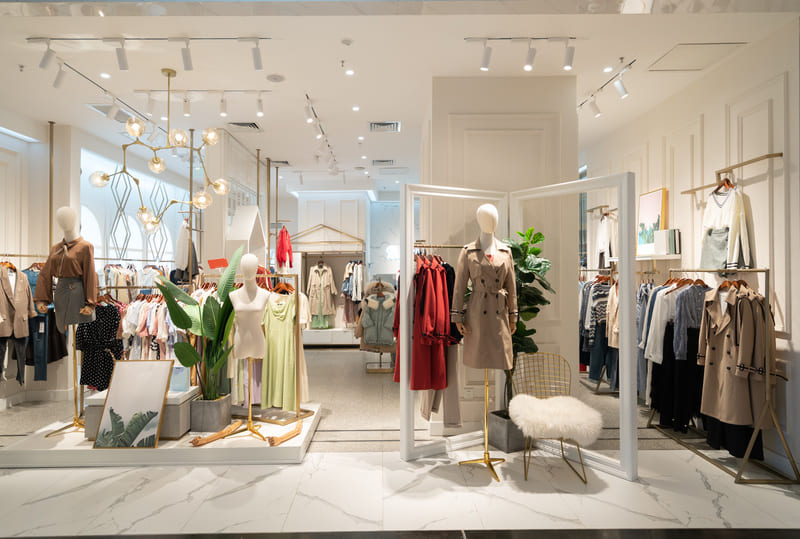
Ceiling shop lighting
C eiling shop lighting is the most
common type of lighting used in stores. Ceiling shop lighting is most often used as general lighting.
The products we have in the assortment of shop ceiling lighting include:
LED Downlight– the luminaires have
small dimensions, a high color rendering index and the possibility of using DALI or
0-10V control system.
LED Panel – a lamp designed to
illuminate the interior of buildings. The light structure and the shape of the luminaire make the lamp suitable
for ceiling shop lighting. The LED panel has a long lifetime (50,000 h) and high luminous efficiency up to 114lm/W.
Gooseneck Downlight – the luminaire
has small dimensions and high color rendering index. It is also possible to use DALI
control system.
